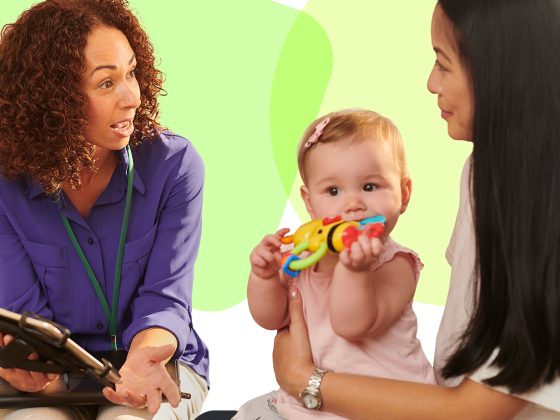
For Health Providers: Taking Care of Children, Families… and Yourself
Tips for pediatric health care providers on addressing mental health concerns.
by Amy Shriver, MD
Pediatric health providers are often parents’ and caregivers’ go-to source for questions about their child’s mental health. Uniquely positioned at the frontlines of children’s health, we have repeated, regular, one-on-one contact with families (ideally). By building trusting relationships with families over time, we have the power to create an effective alliance for supporting children’s and families’ health needs.
We also know that diagnoses of childhood anxiety have doubled since 2020 and that, increasingly, children face challenges with the developmental tasks of regulating feelings, understanding and labeling their feelings, and coping with stress. These skills are strongly linked to emotional well-being, so you need clear strategies for supporting children, families, and yourself.
When you’re with children:
Observe and listen. Give families time and space to discuss concerns. Notice and monitor physical symptoms of stress such as constipation, irritability, and/or sleep disturbances.
Screen, refer, revisit. Use age-appropriate screening tools and connect families with local mental health resources. Follow up often with families to see if their needs are being met.
Teach some skills. Teach children self-regulation strategies, practical skills like deep breathing techniques, body awareness, and hugging a snuggly to support their mental health needs until they can access other services.
When you’re with families:
Create a safe space. Help caregivers feel “seen” by saying, for instance, “I’m sorry this is happening. Thank you for telling me.” Emphasize the importance of their own well-being by asking, “Who’s taking care of you right now?” and “What do you need now?”
Lift the load. Addressing caregiver stress by connecting families to resources allows them to provide a safe, secure, and nurturing environment at home.
Consider cultural differences. Different cultures have different attitudes and beliefs about mental health.
Model good relationships. Demonstrating active listening, responsiveness, and play during visits can inspire parent and caregivers to use those strategies outside of your office.
And when you’re with yourself:
Remember rule number one: Never go through stress alone. Pull in your “team” of trusted colleagues, friends, or family to support you.
Perform a systems check. Take a few minutes every day to reflect on your own mental well-being. Ask, “How do I feel today? What do I need?” Do all that you can to address your own sleep, nutrition, and exercise needs. Seek help from other professionals if you need it. Caring for yourself makes you a stronger, kinder, healthier provider.
Find the fun! Schedule a date with a friend, learn a new hobby, or read for pleasure to replenish yourself.
To manage the rising tide of mental health concerns, aim to be in-tune, prepared, and supportive. This kind of relationship-based care supports the well-being of children, families… and you!
Amy Shriver, MD is a general pediatrician at Blank Children’s Hospital in Des Moines. She serves on the Executive Board of the Iowa Chapter of the American Academy of Pediatrics and the Council on Early Childhood and is Medical Director of Reach Out and Read Iowa. She has a special focus on ACEs screening and early relational health.

Screen Time & Safety Tips
Information and resources about screen time, online safety for kids, and digital well-being.

Growth Mindset…for Grown-ups!
Staying positive can help you navigate changes and take on challenges with confidence.

Understanding Digital Well-Being: A Guide for Parents & Caregivers
Digital well-being is about understanding and making choices about media as a part of family life, in order to learn, play, connect, relax, and feel closer to one another.
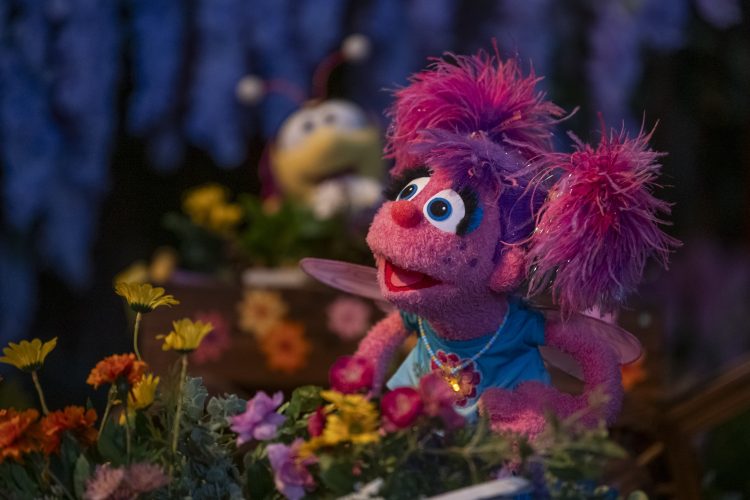
Watch and Play: Abby's Magical Beasties
Watch this episode and explore ways to extend the learning at home.
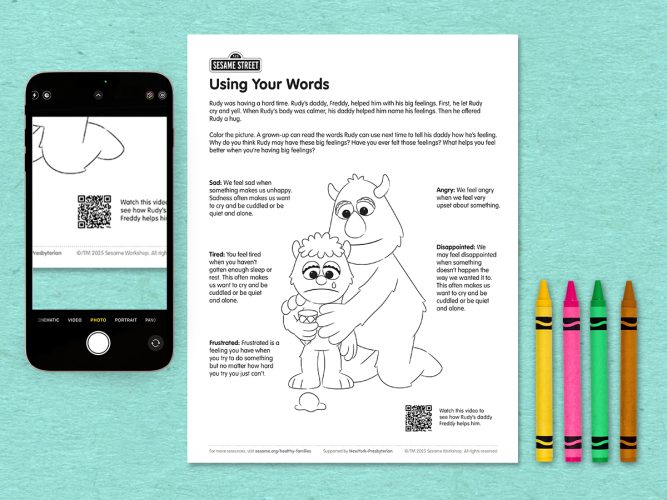
Using Your Words
A coloring page helping children explore words for big feelings.
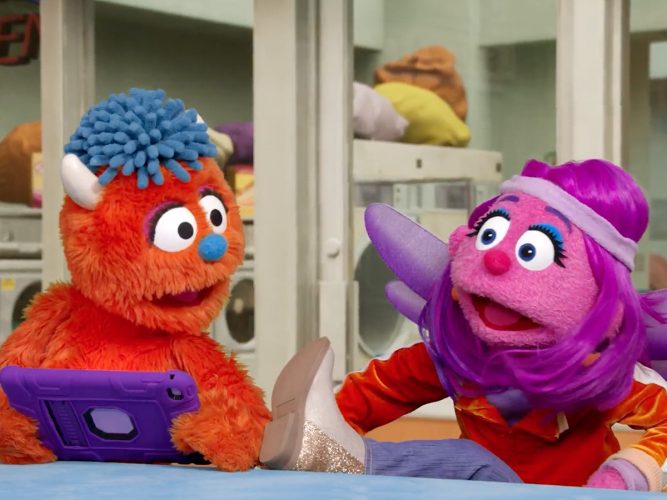
Bring the Energy
Watch Rudy’s Mommy Maggie help him transition out of screen time playfully.
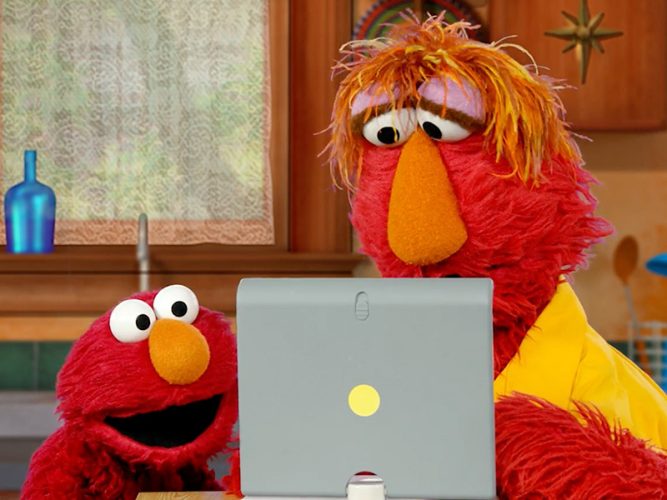
C is for Choices
Elmo and Louie make choices on how and when to use technology as a family.
